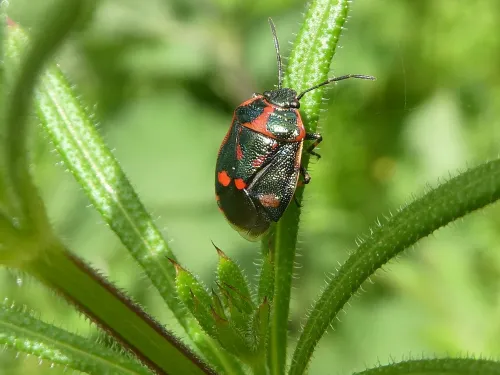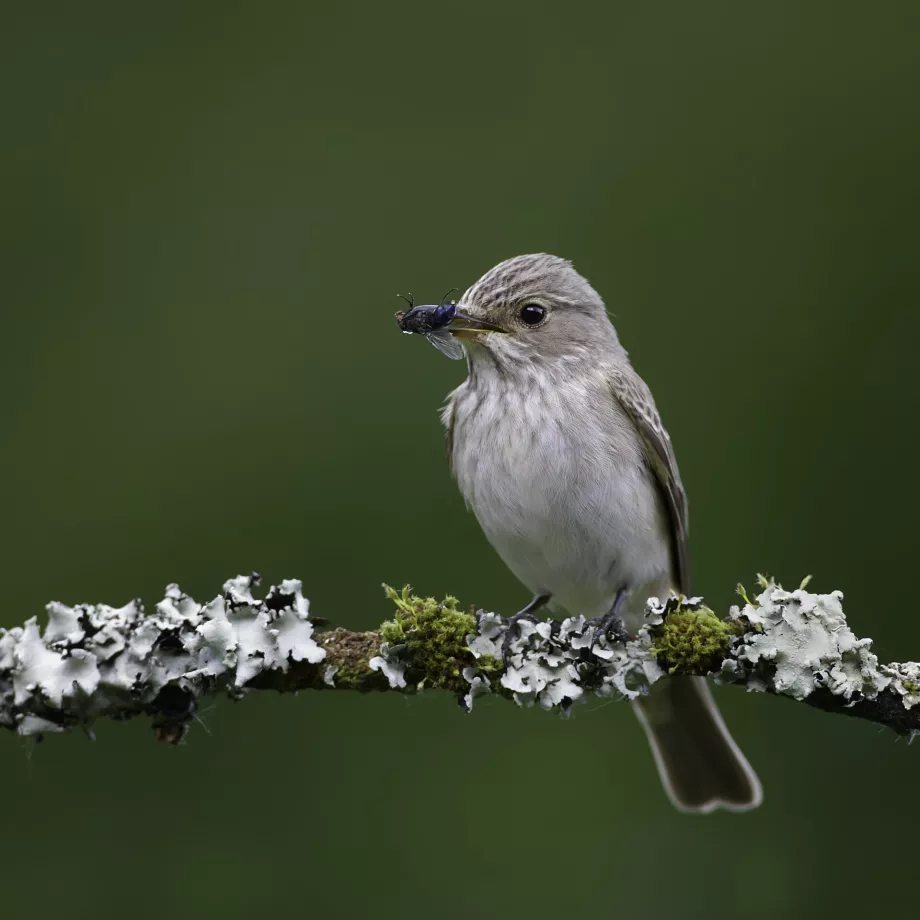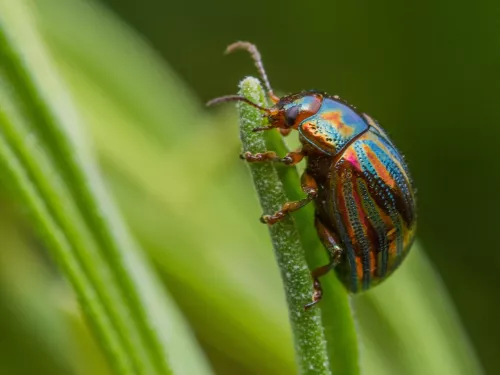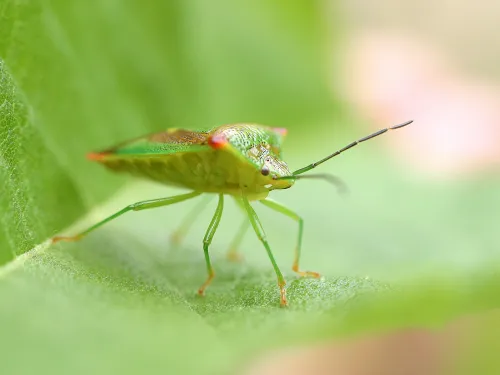
New data suggest that insect life continues to decline in Kent
The troubling extent of insect declines in Kent has been highlighted once again by the results of the 2025 Bugs Matter citizen science survey published today

The 2022 Bugs Matter report has found that the number of insects sampled by citizen scientists across the UK reduced by a worrying 64% between 2004 and 2022. This is a 5% greater decline than that observed between 2004 and 2021, it is not clear what proportion of this decline is due to the long-term trend or the result of record summer temperatures, but climate change links these two factors. England, Northern Ireland and Wales saw continued declines into 2022, but figures for Scotland showed an upward trend.
Insects make up the greatest proportion of life on Earth. They underpin food chains, pollinate most of the world’s crops, and provide natural pest control services. Without insects, life on earth would collapse and the survivability of humanity on our planet would be threatened.
There are many causes of insect declines. These include the loss and damage to habitats, climate change, pollution of rivers and streams, use of pesticides, and development of wild spaces. There is growing evidence that these factors have caused significant declines in insect abundance in the UK and worldwide – with knock on consequences for other wildlife and for people.

Flycatcher, ©Richard Steel/2020VISION. Richard Steel/2020VISION
The Bugs Matter citizen science survey provides an efficient and scalable approach to monitor trends in insect abundance. It is hoped that the survey method could be adopted in other countries, with citizen scientists across the planet taking part to compile a hugely valuable global dataset.
The Bugs Matter team are now busy with upgrades to the app in time for the 2023 survey season, including a trial of artificial intelligence to automatically detect the number of insect splats on a number plate.
Evan Bowen-Jones, Chief Executive at Kent Wildlife Trust, said: “Thanks to citizen scientists across the country, we are building a better picture of the health of our insect populations and already we are seeing some concerning patterns in the data. However, we need more citizen scientists to take part in the Bugs Matter survey next year and into the future, to understand whether we are seeing actual long-term trends or the impact of the extreme temperatures we faced in 2022. Thank you to everyone who took part in this year’s survey. We hope even more citizen scientists will contribute to this valuable dataset in the 2023 survey period and beyond.”
Andrew Whitehouse at Buglife said: “For the second year running, Bugs Matter has shown potentially catastrophic declines in the abundance of flying insects. Urgent action is required to address the loss of the diversity and abundance of insect life. We will look to our leaders at COP15 for decisive action to restore nature at scale – both for wildlife, and for the health and wellbeing of future generations.”
The 2023 Bugs Matter survey season will begin on 1 June 2023. Those keen to get involved can download the free Bugs Matter app now to sign up for next year’s survey:

The troubling extent of insect declines in Kent has been highlighted once again by the results of the 2025 Bugs Matter citizen science survey published today

Since May, an army of citizen scientists has been embarking on a unique mission - counting bug splats on car number plates to help monitor the health of the UK and republic of Ireland’s insect populations.

The Bugs Matter survey determined bug splats on number plates have fallen by 67% since the app was launched in 2021. Conservationists describe the outlook for Kent as “seriously concerning” but acknowledge that more data is required to determine…